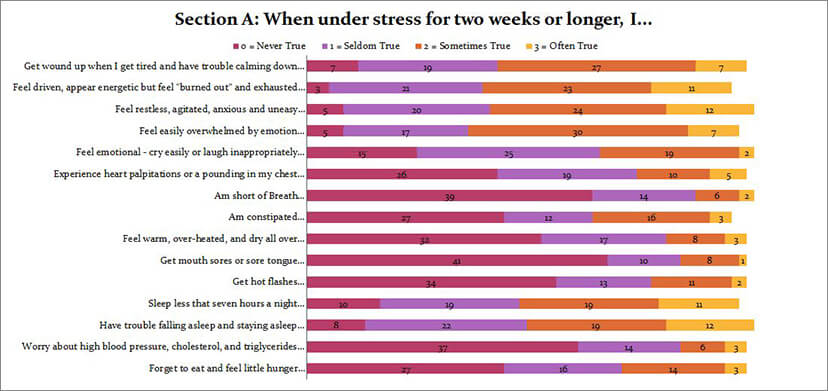
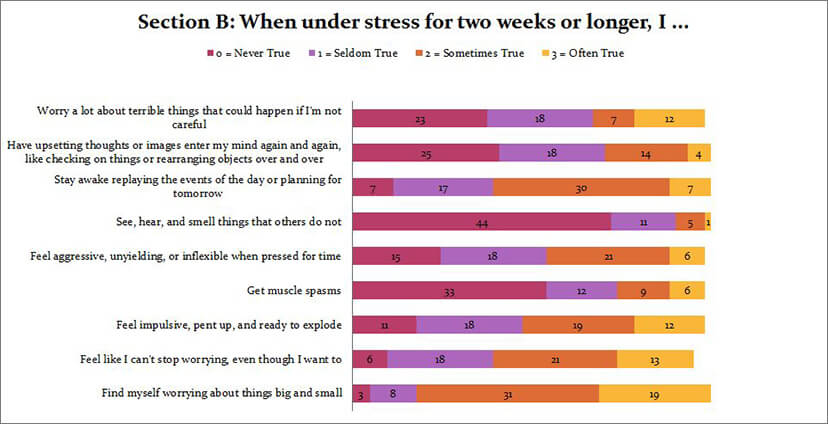
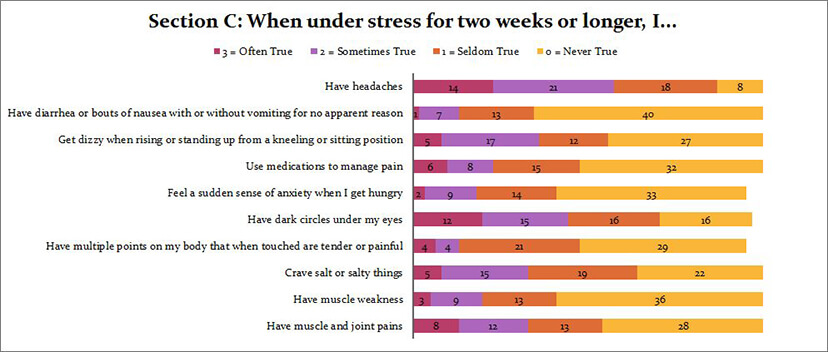
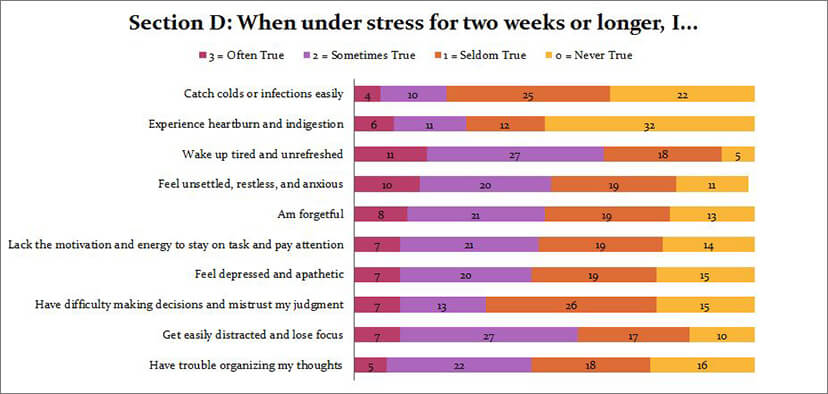
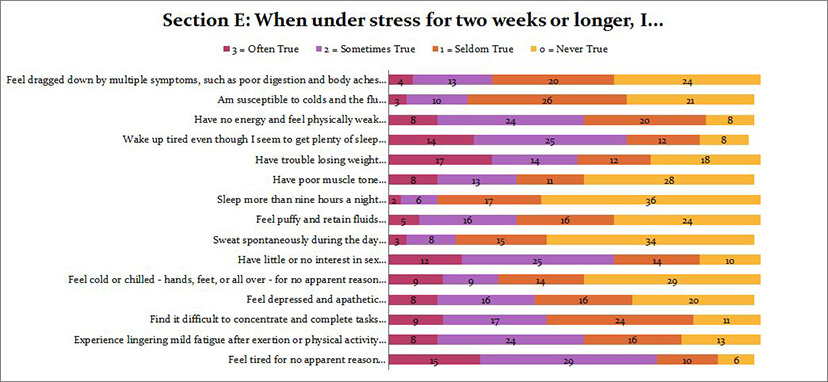


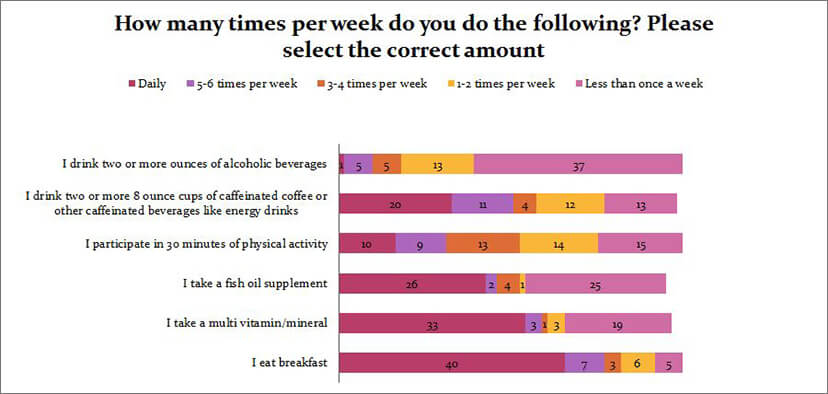

How to manage stress:
Maintaining balance in today’s stressful world requires a multimodal approach that encompasses various factors:
- Healthy eating habits of a balanced diet (organic where possible),
- Getting plenty of exercise,
- Using innovative natural ingredients to support the body’s natural adaptive abilities,
- Regular blood testing of DHEA-s,
- Regular blood testing of morning and evening cortisol levels help ensure that stress hormones remain in balance.
- Lifestyle modifications alone for some patients with mild to moderate forms of impaired stress response may ease symptoms.
- Dietary supplements and/or hormone therapy can complement lifestyle modification to resolve adrenal dysfunction.
- The obvious recommendation of avoiding stressful situations and occurrences goes without saying.
- If commuter stress, for example, is affecting your body, moving to a home closer to your workplace or finding a job closer to home is an obvious solution.
- If working third-shift causes disruption in your cortisol levels or daily rhythm resulting in disease, then change your work schedule to eliminate this stressor,
- Smoking, and extremely vigorous or protracted bouts of exhaustive exercise impact the adrenals in a negative way as well,
- With regard to the diurnal biorhythms of cortisol release, a few things increase cortisol at the inappropriate time. The consumption of alcohol and caffeinated beverages such as tea and coffee before bedtime is not recommended as caffeine can increase serum cortisol levels, which is counterproductive during the evening hours when the normal trough is expected.
- Additionally, caffeine and alcohol affect the release of melatonin (melatonin counters some of the negative effects of cortisol), causing a relative reduction in melatonin secretion during the night when a spike is usually seen.
- Other therapies such as acupuncture, Traditional Chinese Medicine (TCM), Ayurvedic medicine, massage therapy, relaxation, yoga and even music therapy have shown success in stress management.
- Several published studies suggest that owning a pet is associated with improved physical and psychological health. For chronically stressed individuals, adopting a dog or cat may help ameliorate some of the symptoms and effects of chronic stress.